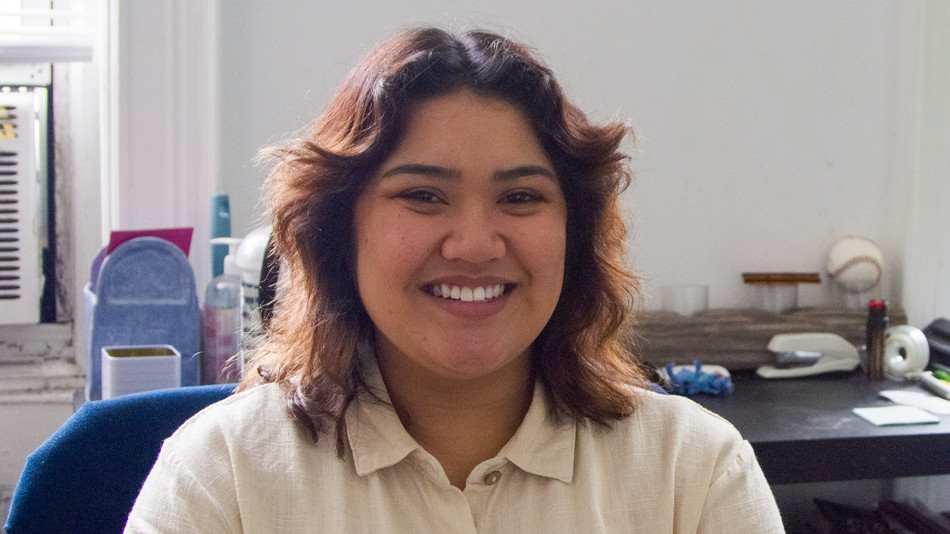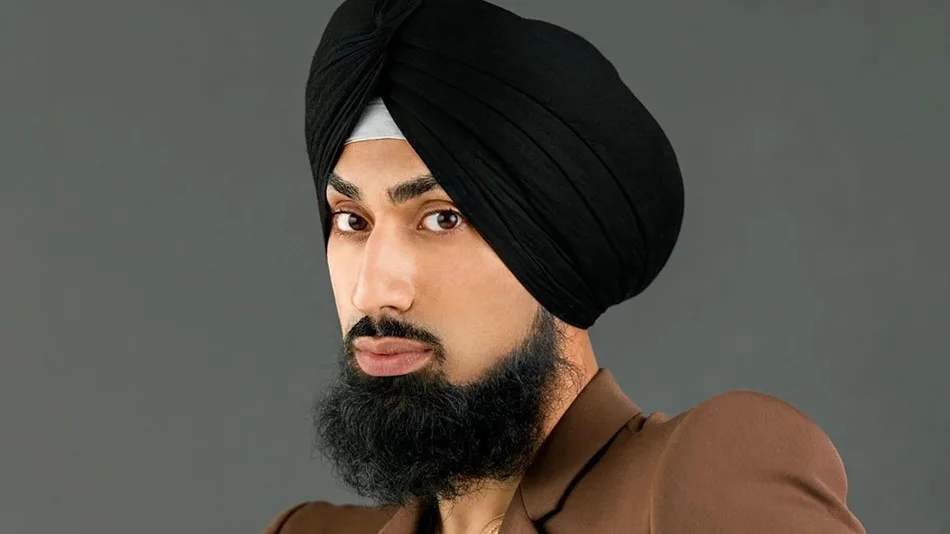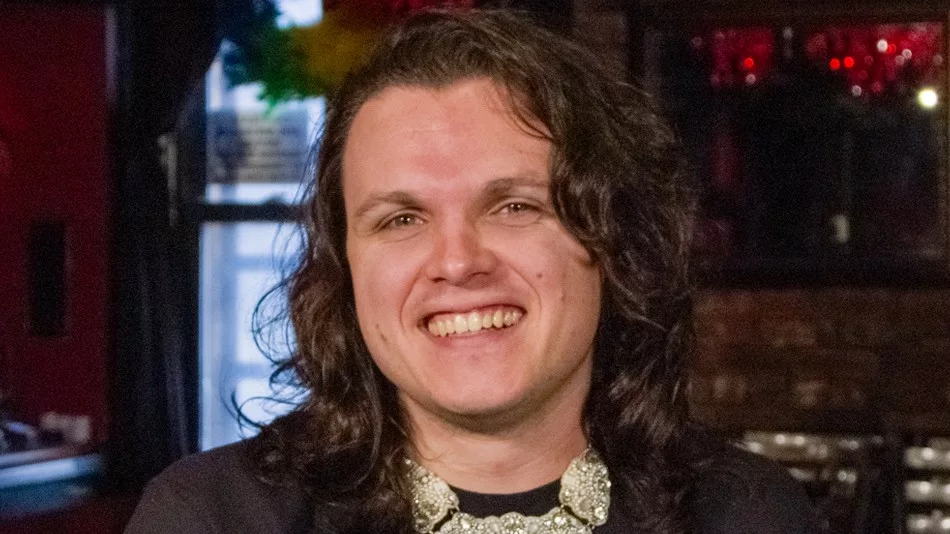I’m Nash Keyes. I’m from Columbus, Ohio.
So late one night after a long day of school, like in the middle of winter I think, I was at home brushing my teeth to get ready for bed and looking in the mirror and I saw something very clearly gender-related, like, in my face that I had never really seen before. Things started to settle into place in my head. For the past few months, I had been pulling my hair back and taking selfies like that to see how I would look with short hair. Finally, I was like, Oh my god, there’s something that I’m seeing in my own face that tells me “not girl.” I think part of me was definitely like, oh my god, am I a boy? But for the most part, it just felt like this very, like, overwhelming and scary and, like, blurry feeling of I don’t know what gender identity means to me anymore.
So that sort of uncertainty about my gender identity really followed me through high school, along with depression and other things that made life kind of difficult. But then I remember specifically junior year graduation – like I went to an all girls school for 13 years, K through 12, and in high school, like every year, we go to graduation. And my school had decided long ago that graduation attire was going to be basically wedding dresses for everybody. So it was people walking down the aisle in big flowy, white dresses. And I was sitting there in the audience and it was, like, super hot out and I was miserable anyway, but I was looking at all these people going down this aisle in dresses and I was like, Oh my god, that’s going to be me next year. How am I going to – how am I gonna stand it? Like, that’s not going to be okay.
As soon as I got home, it was just, like, really on my mind because of how uncomfortable I felt and I was like okay, I need to do something about this. So I sat down and wrote an email to the principal of my high school being like “Listen, I was at graduation today and realized that I just cannot see myself wearing a dress to my graduation next year.” Thankfully, I had a really good relationship with this principal and she wrote back saying, like, “I totally support you. You should talk to the head of school about it.”
So then I emailed the head of school and wound up scheduling a meeting for, like, the beginning of the summer. So I went in with my, like, little notebook with all my bullet points about, like, why I should be allowed to wear a suit. I ended up having this, like, pretty productive conversation with the head of school but it was clear that the school had a lot of concerns about, like, donors and parents and alums, who tended to be a little more on the conservative side than the student body.
So then I ended up having to set up a few more meetings over the rest of the summer to just, like, really get my point across. I found out at the beginning of senior year that my efforts had actually worked, that the school was going to change the dress code.
There were a few people who were, like, a little bit obnoxious about it, including this one alum who said something along the lines of like, “No, it’ll little ruin the aesthetic of the whole thing.” Like, why does this matter? I didn’t really care because we are – I already had sort of a bad relationship with that person and I mostly just was hearing good things including from some like underclassmen who were then, like, thinking about wearing suits themselves for their own graduation, which made me really excited.
My senior year passed. I made a weekend expedition to go get a pure white suit and cumberbund and everything at Men’s Warehouse. Then it was graduation day in early June and so we all got to school like two hours early or whatever and all got ready together in this big room. I was just, like, in the corner putting on my suit, feeling really nervous about people’s reactions and how the day would go. But then I, like, got my suit on and everyone was like, “Oh my god, you look so good.”
We all just, like, walked down the aisle, which, like, still was there and is a little weird. But I just felt really confident and fully in my body, which is like something I’ve sort of struggled with. Like, I just felt like I was okay and that I was real and that, like, that was where I should be.
At graduation, the student council president gives, like, every year gives a speech. And my year, the president was my best friend and she, like, had this really great speech that, like, dealt with a lot of – or some tough things that happened in our senior year really well, but also sort of talked about a lot of our, sort of, victories as a class. And one of them that she listed, like, was about me and, like, my changing the dress code. I just – I, like, broke down at that point. It was, like – it just, like, meant a lot to me that she, like, just sort of took something that was so important to me and sort of made it part of a larger sort of thing about our class and the things that we’ve done.
In this situation, I definitely felt like I had a lot of privileges. I mean, I’m white. I’m, like, financially well-off and well-educated and I’d been at the school for a really long time, so I felt like going into that, like, situation of having this meeting, I had a lot of advantages. Also, like, I feel like transmasculine people – although many people still have a hard time – tend to face fewer, like, barriers and biases in certain ways than transfeminine people. So I kind of had that going for me as well.
Looking back, I definitely feel, like, I’m really glad that I sort of put my privilege to work to enact positive change in that way. And I think now that I’ve sort of thought about that and realized that, I really want to continue to do that in the future to, like, uplift the voices of, like, transfeminine people and people of color and, like, people who are not as economically well-off.








Share